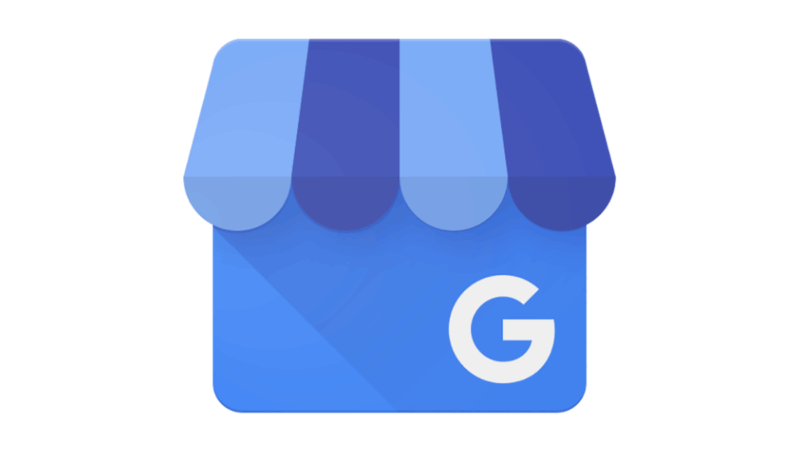How I Launched A $200K/Month Gmail Mail Merge Tool
Hello! Who are you and what business did you start?
I’m Ajay! I created GMass, a platform to send cold emails and email marketing campaigns with Gmail. It works as a Chrome extension. Most of our customers are entrepreneurs and salespeople, but our customers really run the gamut from super small to the biggest tech companies in the world. Almost every major tech company you can think of uses GMass in some way, including Uber, Lyft, LinkedIn, Twitter, Indeed, Google, Salesforce.com, and Snapchat. Since I launched GMass in 2015, we’ve had over 500,000 user signups.

What's your backstory and how did you come up with the idea?
I’ve been in the email marketing game for a while. I started another platform way-way back in 2002 called JangoMail. That was a traditional web-based platform that I ran for 10 years and got acquired in 2012. It competed with the...





























